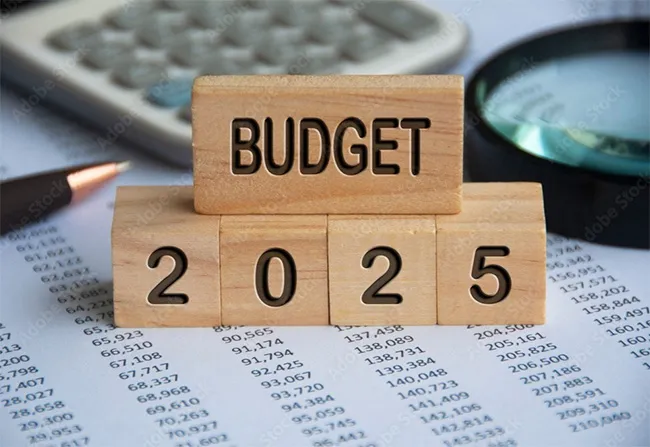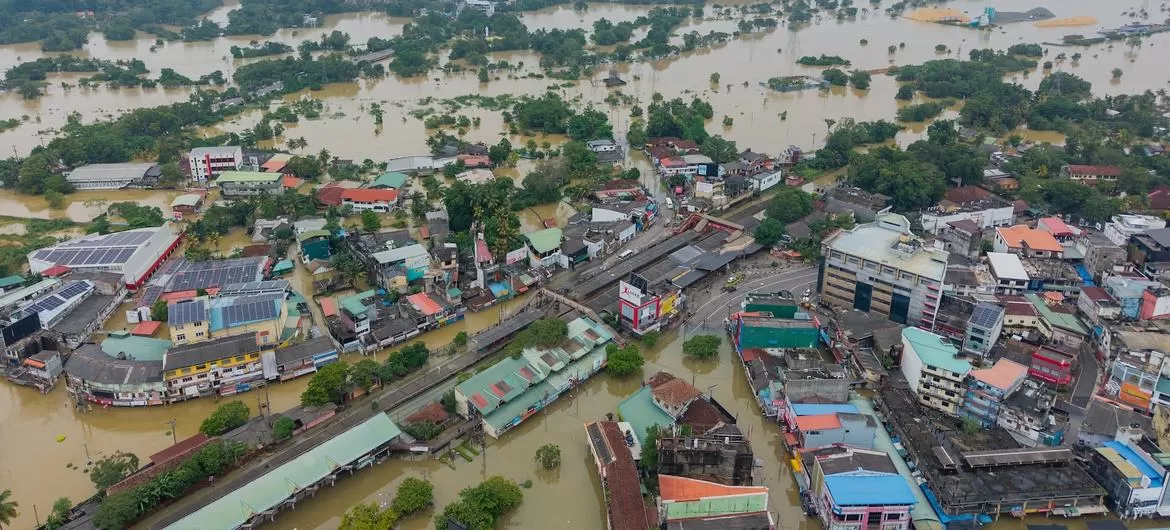
Uncategorized
Budget 2025 sets out a total government expenditure of LKR 7,190 billion, marking a 17% increase from the LKR 6,131 billion allocated in 2024. As a share of Gross Domestic Product (GDP), government spending is set to rise from 20.4% to 21.8%. A significant portion of the budget—LKR 2,950 billion—is earmarked for interest payments, accounting for 41% of total government expenditure and 59% of estimated revenue. The government’s primary expenditure (expenditure excluding interest payments) stands at 12.9% of GDP. This figure is in line with the 13% limit outlined in the Public Financial Management Act, even though that particular fiscal rule has been subject to criticism for being theoretically and empirically ungrounded. The largest expenditure proposals introduced in Budget 2025 is the public sector salary increase. The government has allocated LKR 110 billion to raise the basic salary from LKR 24,250 to LKR 40,000, along with increases in allowances. While this measure aims to ease the burden of rising living costs on public servants, it also poses a fiscal challenge given the size of the public sector. Recent analysis published on PublicFinance.LK shows that 15% of Sri Lanka’s total employment is in the public sector, making it one of the largest in South and Southeast Asia. In terms of sectoral allocations, Budget 2025 closely mirrors allocations of the previous year. Education spending remains at approximately 0.9% of GDP, while health sector allocations stand at around 1.5% of GDP (excluding provincial council allocations). These figures fall short of expectations of a significant increase in social spending. Government Revenue is estimated to reach LKR 4,990 bn in 2025, up from LKR 4,091 bn in 2024. As a share of GDP, revenue is projected to increase to 15.1% from 13.6% in 2024. If achieved, this would be the highest revenue collection since 2008. The majority of this increase is expected to come from higher VAT revenue, which is estimated to rise by LKR 305 billion – a 23% increase from 2024. The overall budget deficit stands at LKR 2,200 billion, higher than the 2024 budget deficit of LKR 2,040 billion, yet lower than when it peaked in absolute terms in 2022. As a share of GDP, the deficit remains at 6.7%, nearly unchanged from 6.8% in 2024. The primary balance, which excludes interest payments, is also expected to be similar to 2024 and is projected at 2.3% of GDP; staying within the IMF programme targets and the limits set in the Economic Transformation Act. However, the government expects real GDP to grow at 5% in 2025, significantly higher than the IMF and World Bank projections in the past, which were in the range of 3.5%. This is therefore an optimistic target, even though the 5% growth level is estimated to have been achieved in 2024, also exceeding projections of the IMF and World Bank. In conclusion, Budget 2025 remains within the fiscal limits set by legislation and IMF programme targets. The budget does not depart structurally from the budget that was implemented in 2024.





